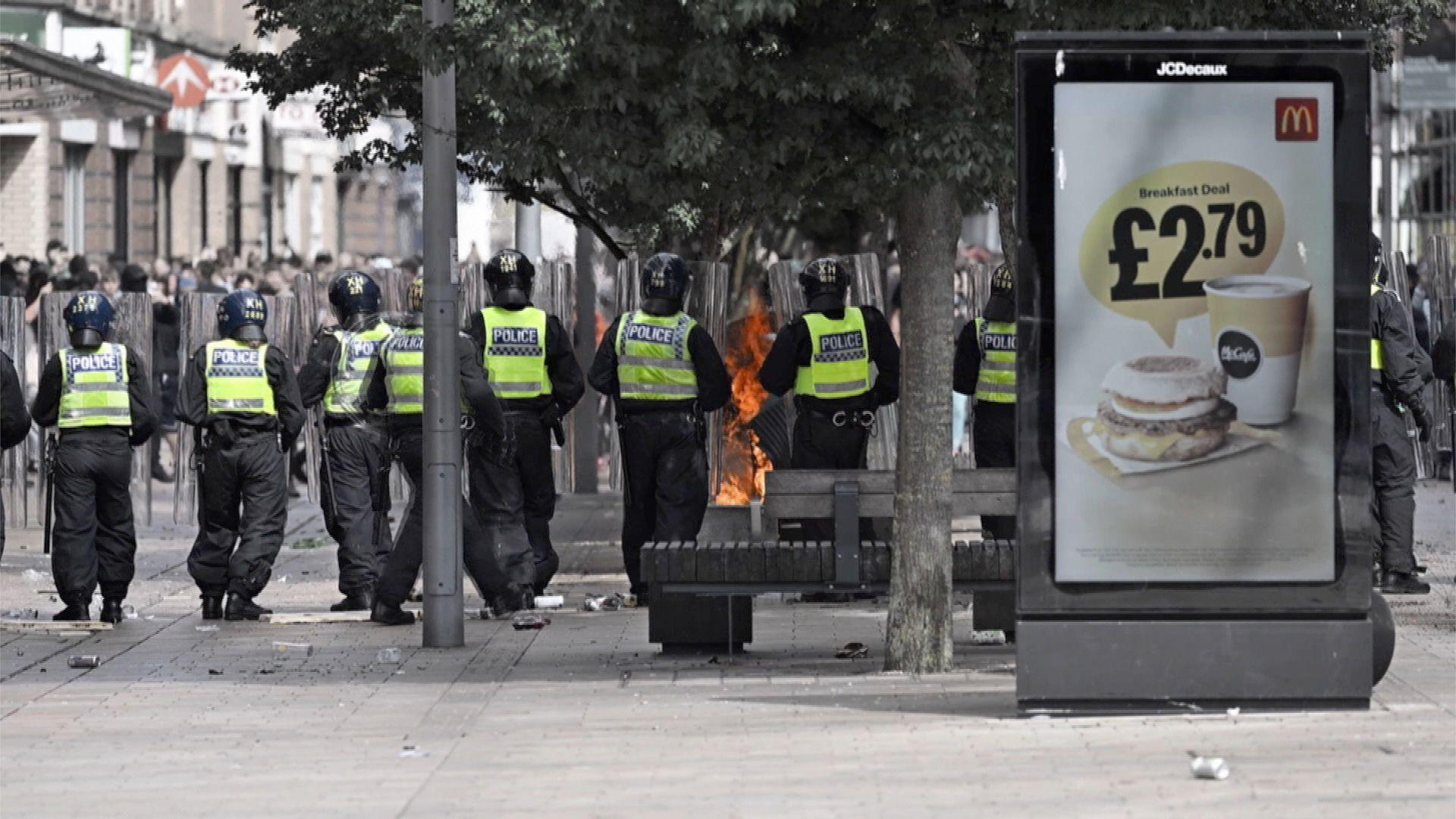'Frustration still there a year on from the riots'
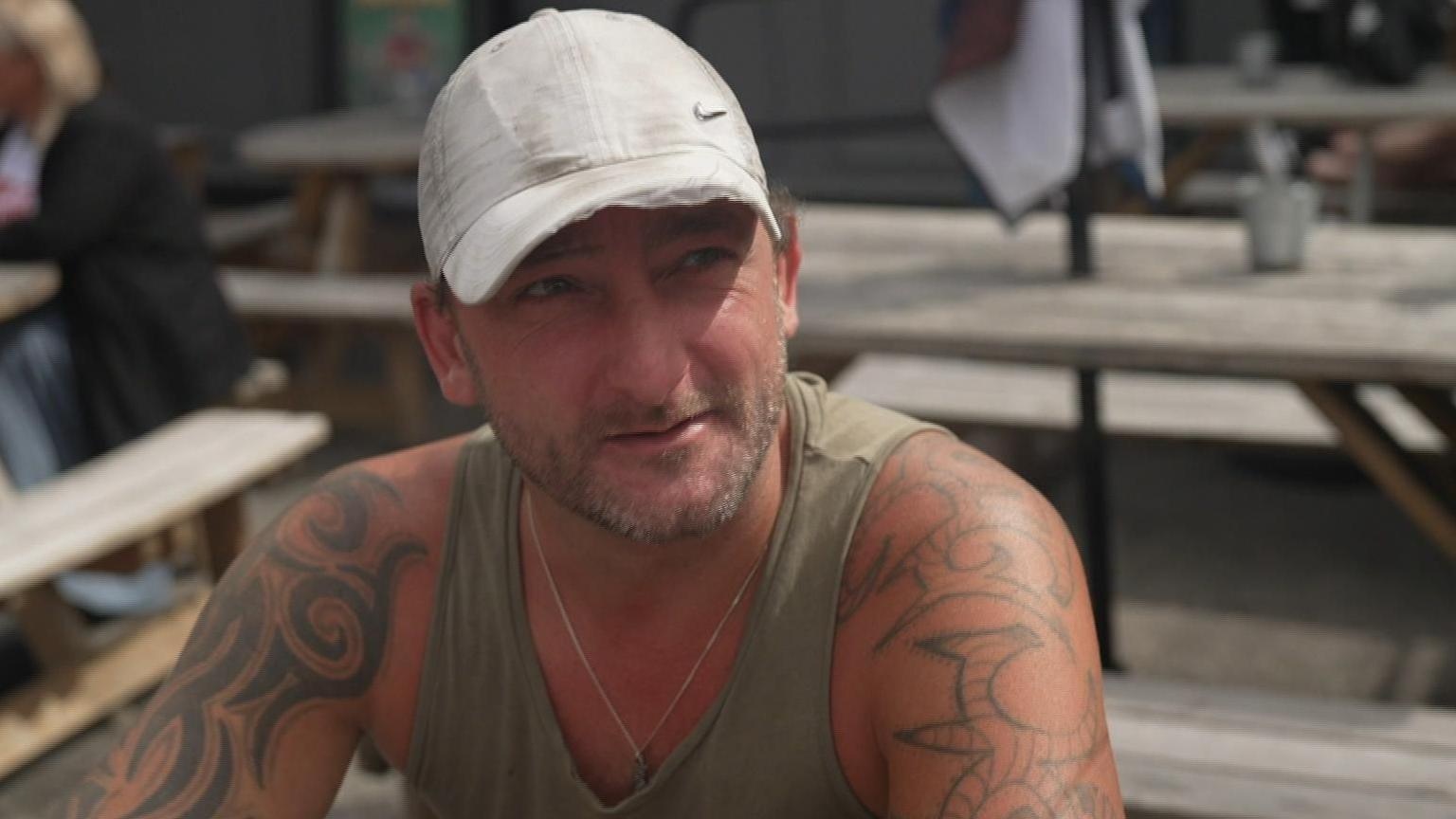
Ex-serviceman and single father Jodie said he "might've" joined the protests if it were not for his six-year-old son
- Published
A year on from the UK riots and people in Hull, where a hotel housing asylum seekers was targeted, believe frustration and tension still continue in the city.
When violence erupted on 3 August - fuelled by misinformation - following the fatal stabbing of three young girls at a dance class in Southport, fear and vexation gripped communities.
The Royal Hotel on Ferensway was attacked after an anti-immigration protest in the city centre rapidly turned vicious with bins and vehicles being set on fire and high street shops looted - the worst unrest seen in decades.
Less than two miles away from this once grand looking building is The Malt Shovel pub on Anlaby Road, where Paul Renton is sipping his pint outside on the terrace under the midday sun.
"I'm scared for my grand kids," he said.
"I don't blame the people for doing stuff like that. It's getting worse and worse now. It's all about the illegals."
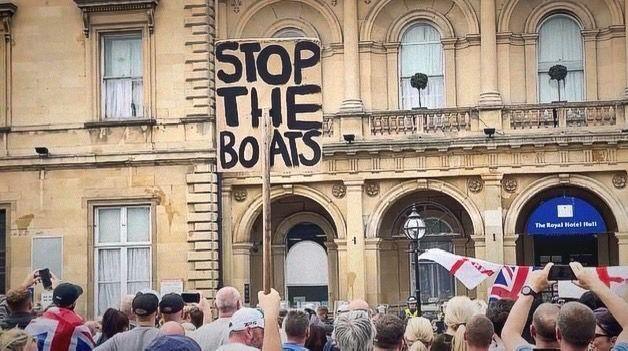
The Royal Hotel, which houses asylum seekers, was targeted during the violent unrest in Hull
Mr Renton was on a trip to Bridlington when missiles were thrown at the hotel and the adjacent train station, which was forced to shut with workers barricading themselves in to prevent rioters surging onto the concourse and platforms.
"All the trains got cancelled and it cost us a lot of money to get back," said the grandfather.
While Mr Renton does not condone the violence, he believes "British people have had enough" of those arriving on smalls boats from France and being housed in hotels.
It is one of the most divisive issues in the UK.
More than 25,000 migrants have crossed the English Channel since the start of the year, according to the Home Office.
It is the first time the 25,000 threshold has been reached since records began in 2018.
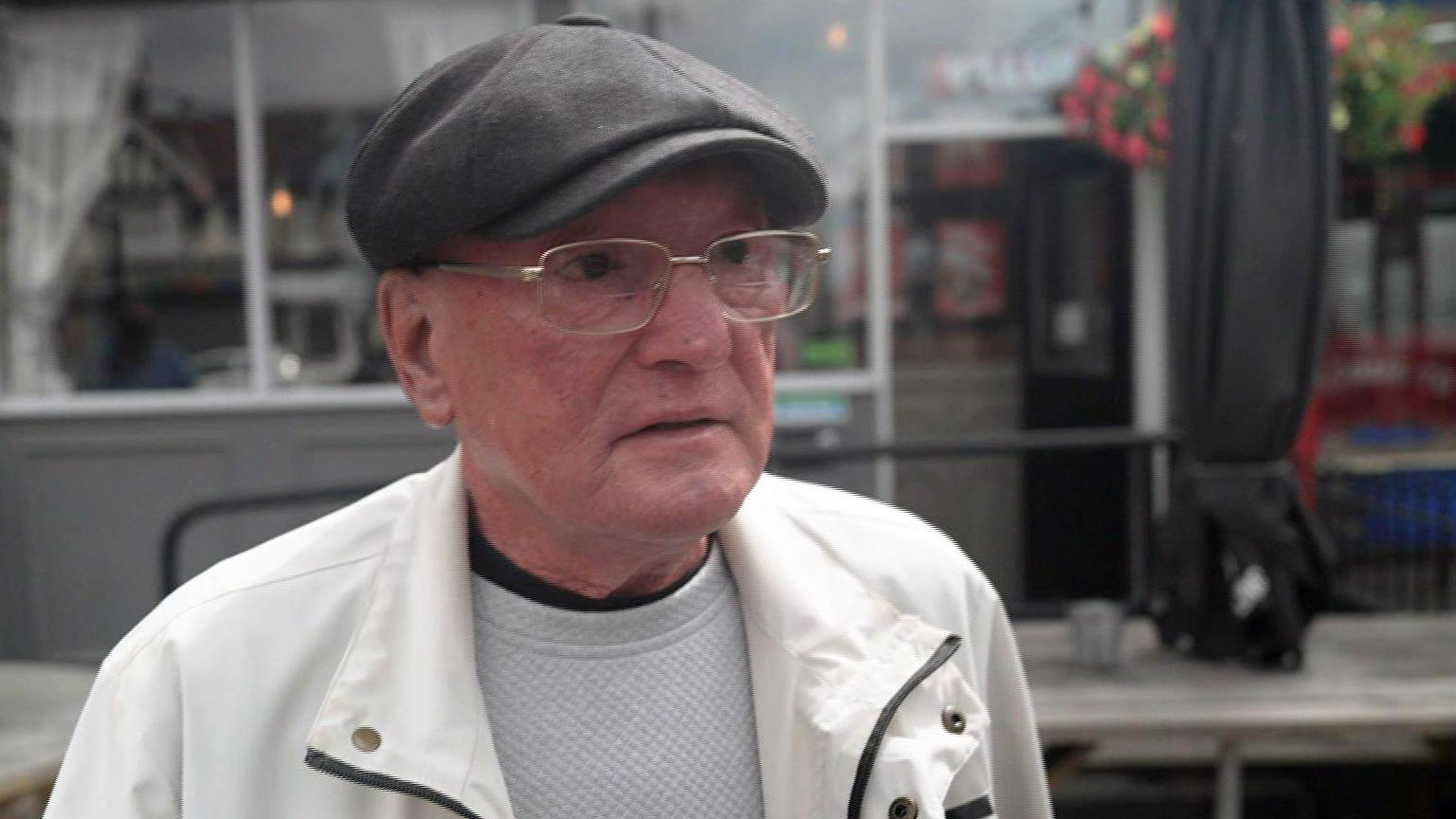
Paul Renton fears for his grandchildren's future
Feelings of frustration and anger centred on immigration housing have remained high in parts of Hull, though some show empathy and understanding.
The numbers of asylum seekers in UK hotels had been increasing since 2020, and reached a peak of more than 50,000 in 2023. In March 2025, the asylum hotel population stood at 32,345.
Ministers previously said the government wanted to end the use of hotels by 2029 and was trying to move people into cheaper types of accommodation.
Mr Renton is not alone in his views, the same are echoed by other pubgoers.
George Ketley watched disturbing scenes of the hostility and rage unfold in his home city via TV.
Like Mr Renton he condemns the violence, but said at its core was the issue of asylum accommodation.
"It's just disgusting when we - working people - can't get a house and they're putting them in hotels. It's wrong."
Hull City Council leader Mike Ross said he understood the "frustrations" over the Royal Hotel housing asylum seekers "for quite some time" and had recently written to the government requesting the hotel stop being used.
"They're in the process of closing down hotels across the country. We think this [Royal Hotel] should be one that closes now."
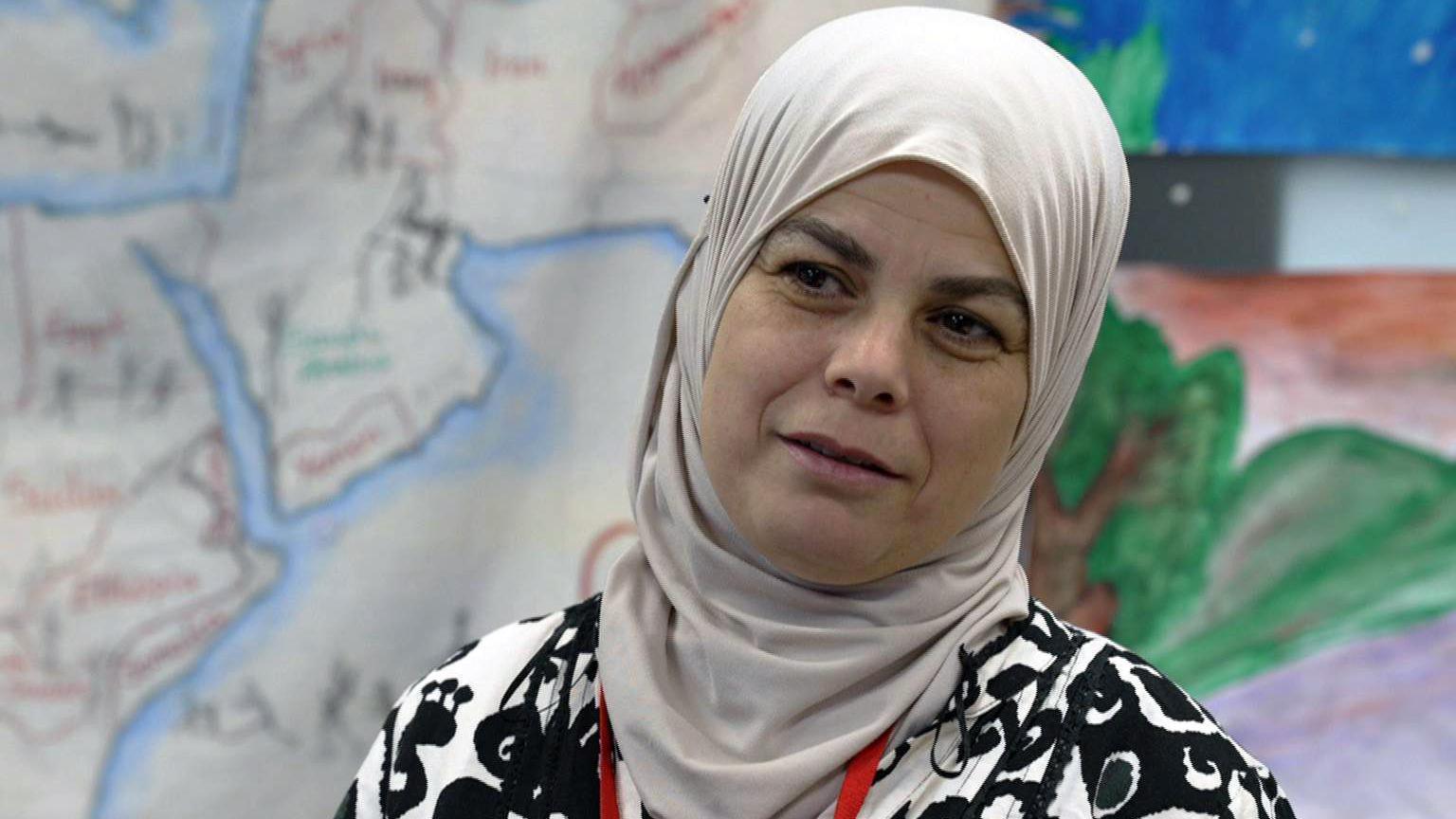
Support worker Warda Seihili said attitudes had changed for the better but there was still negativity towards migrants
Sitting on a nearby table outside the same pub terrace is former serviceman Jodie and his friend Matt.
After serving his country, Jodie "got into a bad place" and spent time in jail. A single parent, his life descended into further chaos when he became homeless with his six-year-old son in tow.
Jodie said he sympathised with the rioters, having felt let down by the government due to the lack of support for him and his son when they "struggled" with homelessness.
"I'm not going to lie, I might have been there if it weren't for my little boy.
"[I've] not had one bit of help off any kind of government."
His friend Matt maintains he is "not a racist", before saying: "I think the frustration is still there.
"These guys are coming over here... living for free.
"When I work for myself, I'm paying my taxes and going out every day on the roof. That's the bit that gets me."
However, he believes prison was justified for some rioters but "the actual lengths [were] absurd".
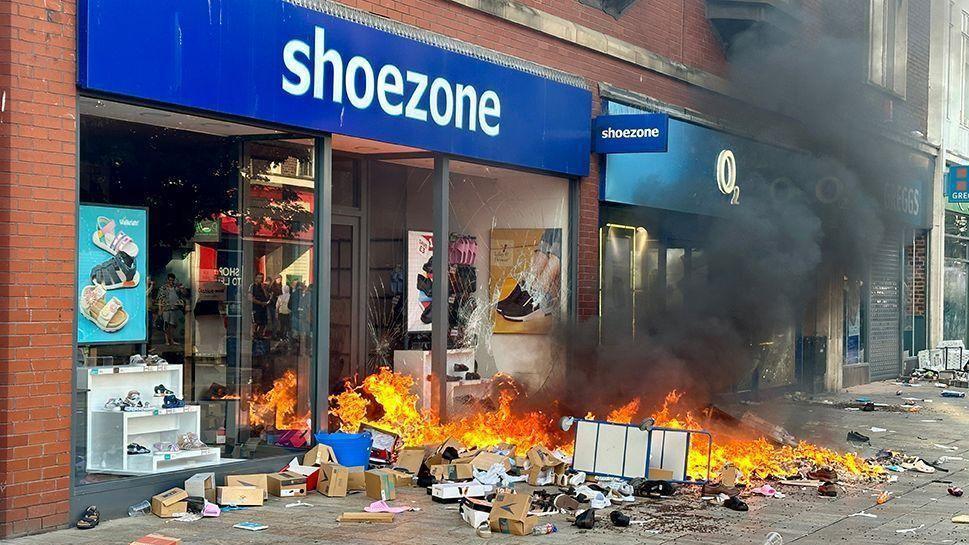
More than 100 arrests were made following the mass disorder, which saw high street shops looted and set on fire
According to Humberside Police, there have been 78 convictions relating to the disorder and a further nine adults who are charged but yet to be "dealt with by the courts".
While that might provide some comfort to those affected by the rioting, others still feel they are looking over their shoulders.
Warda Seihili is a support worker at Welcome House, which offers help and support to asylum seekers and refugees.
She said attitudes had changed for the better despite the air of negativity towards migrants, many of whom were fleeing warzones or "dangerous situations".
"Some people are nice, they help. They give us opportunity. But some people say 'go back to your country'.
"I feel like they don't like me and I'm scared.
"They don't know that we work hard, pay council tax, we pay for everything. They think that we came here just to take the money and the benefit from the government."
Listen to highlights from Hull and East Yorkshire on BBC Sounds, watch the latest episode of Look North or tell us about a story you think we should be covering here, external.
Download the BBC News app from the App Store, external for iPhone and iPad or Google Play, external for Android devices
- Published3 September 2024
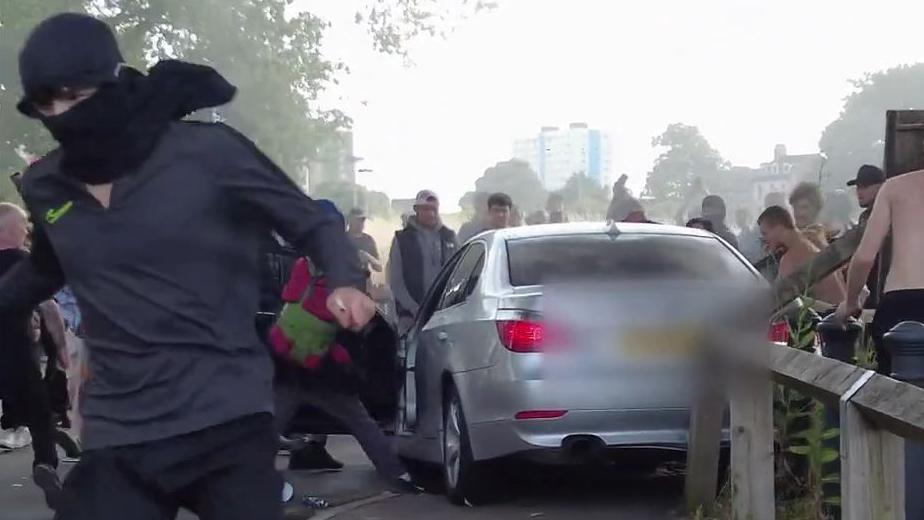
- Published6 August 2024
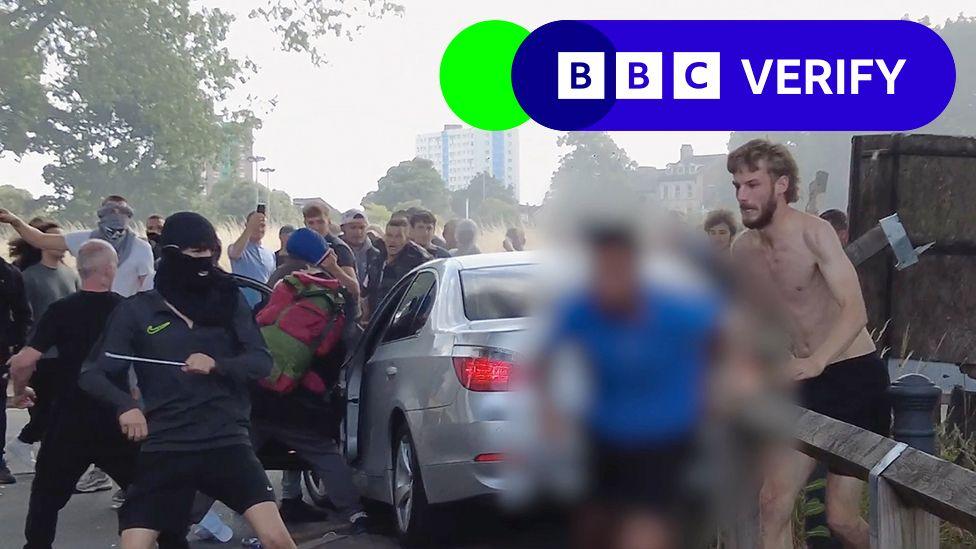
- Published25 July
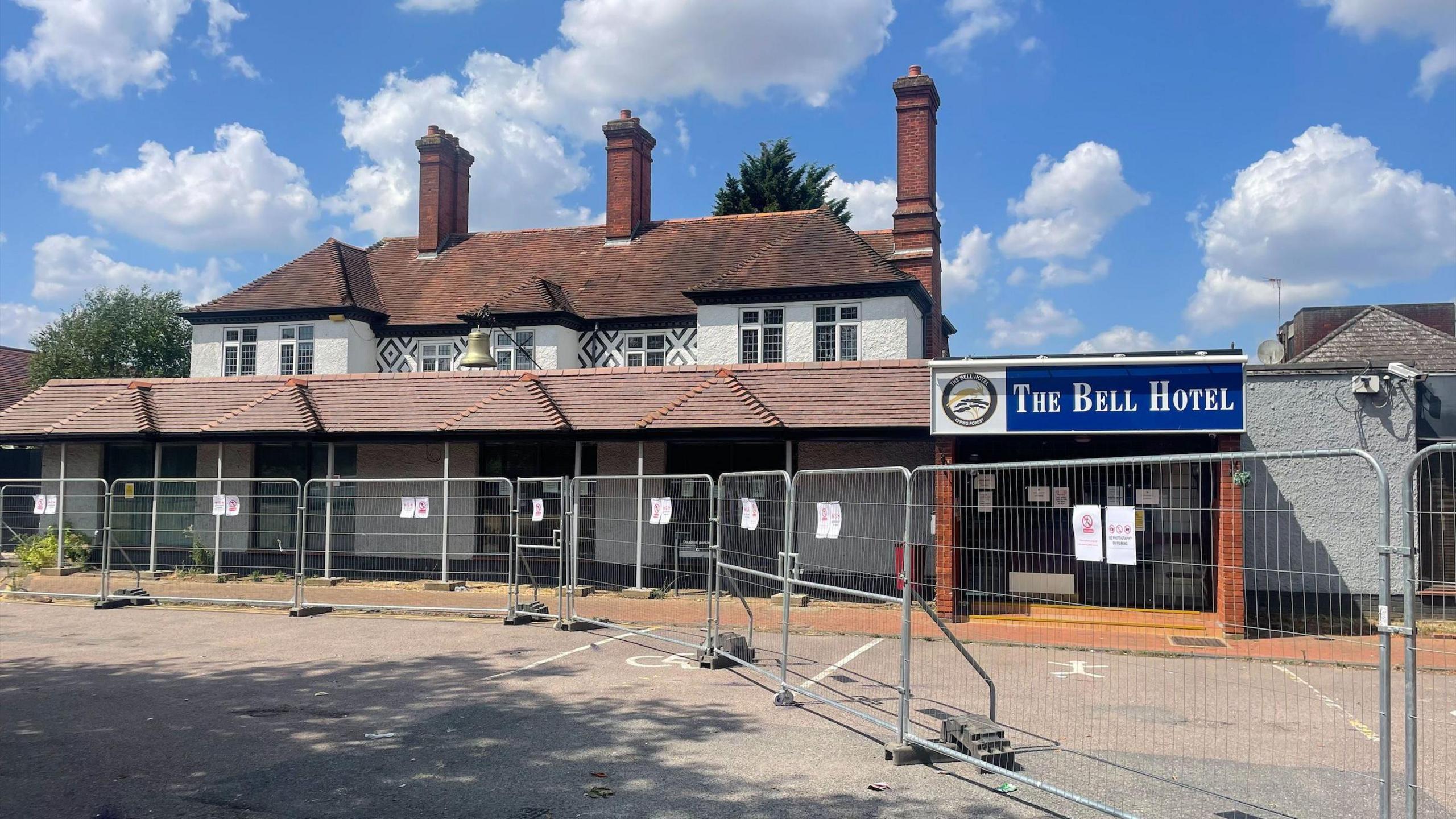
- Published3 October 2024
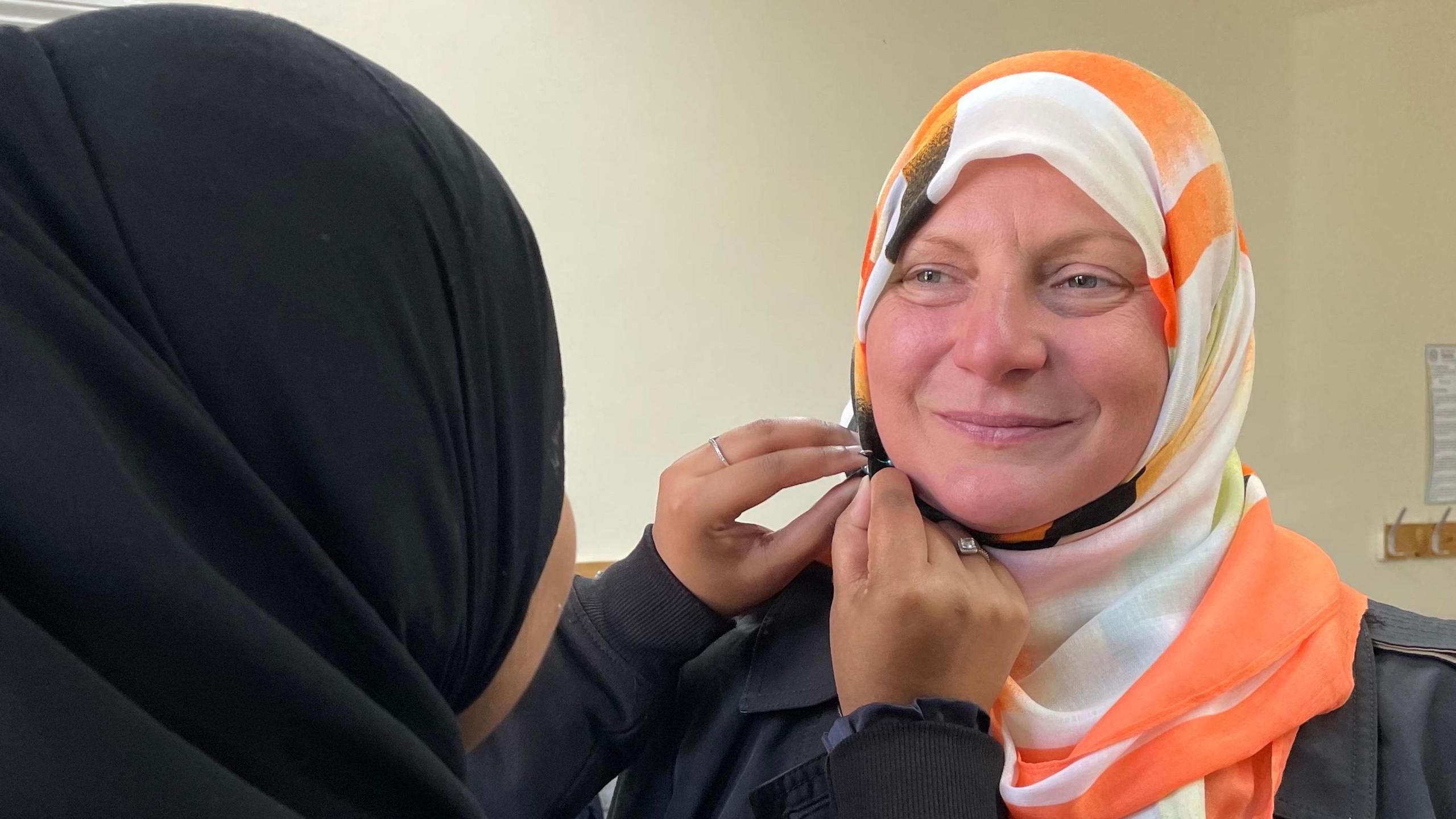
- Published13 March
